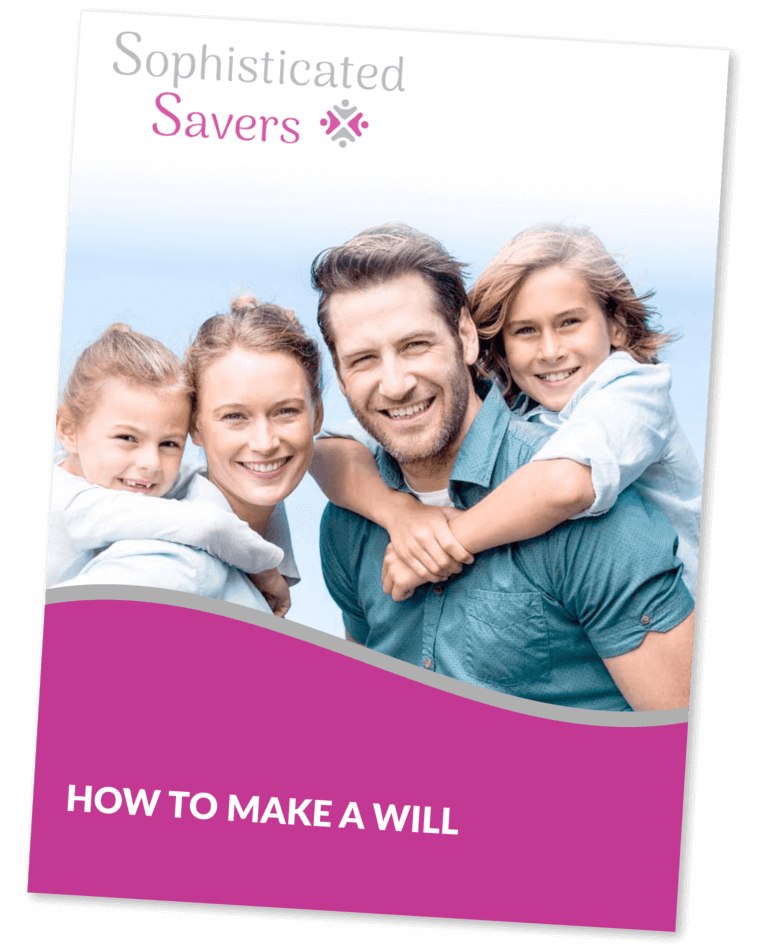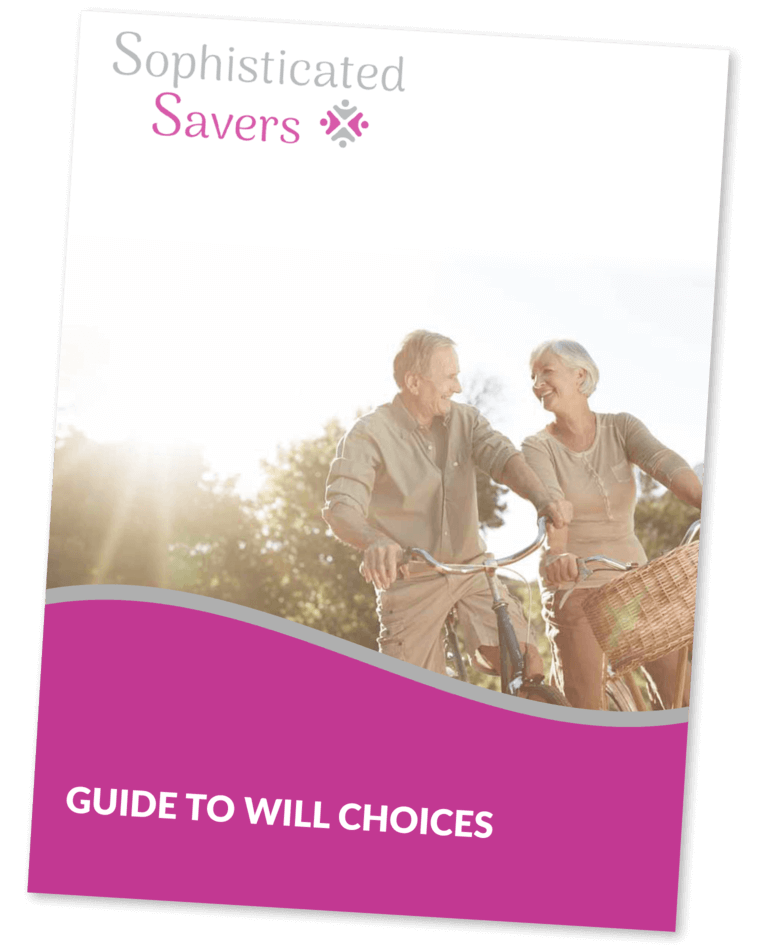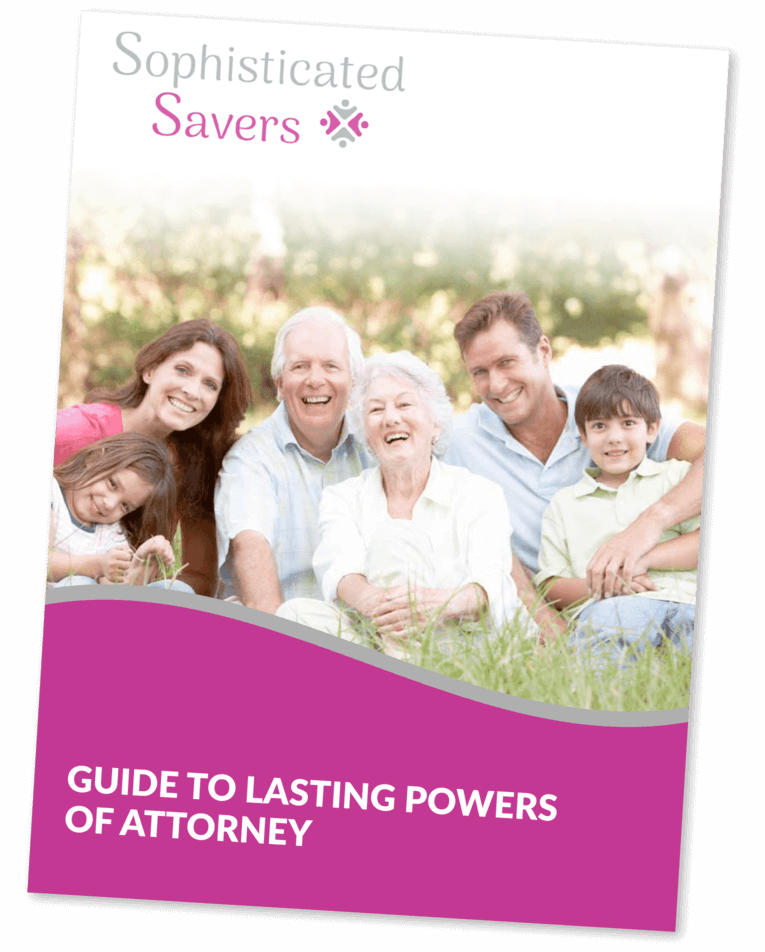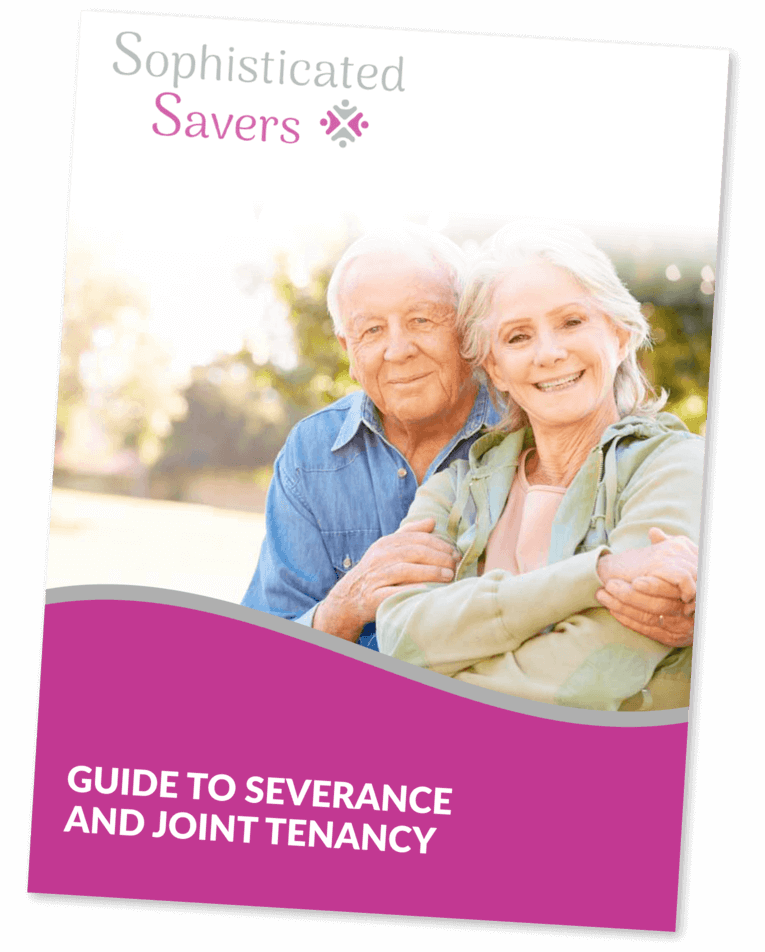A Guide To Inheritance Tax
A Guide To
Inheritance Tax
Inheritance Tax is a tax on the estate (comprising of all possessions including property and money) of someone who has died.
The standard Inheritance Tax rate (2017) is 40% which is imposed only on the portion of your estate that exceeds the threshold. The threshold (also known as Nil-Rate Band) is currently set at £325,000.
Inheritance tax does not have to be paid if:
- Your estate is not valued above £325,000
- You leave your estate to your spouse or civil partner, a community amateur sports club or a charity
The main threshold increases to up to £650,000 for married couples and civil partners, who leave their assets to their remaining spouse when they die. This is possible because spouses can leave assets to each other without having to pay inheritance tax.
Inheritance tax is usually taken from the deceased’s estate before the assets are transferred to any beneficiaries. The ‘executor’ of the Will arranges the payment of the tax.
What Is Resident Nil-Rate Band?
The Resident Nil-Rate Band (RNRB) is an extra allowance (in addition to the Nil-Rate Band) for inheritance tax which was introduced for deaths which occurred after 6th April 2017.
The RNRB operates so that less inheritance tax is paid when the family home is left to direct descendants which includes your children (including adopted, foster or stepchildren) or grandchildren.
Due to the introduction of the RNRB, the first £100,000 of a home’s value is not liable for inheritance tax, providing that it passes to a direct descendant. The threshold will increase by £25,000 every year to £175,000 by 2020/21.
If you give away your home to your direct descendants, the threshold will increase to £425,000 (from the £325,000 threshold) due to the £100,000 RNRB allowance.
If you’re married or in a civil partnership and your estate is worth less than your threshold, any unused threshold can be added to your partner’s threshold when you die. This means their threshold can be as much as £850,000.
Who Is Eligible To Use The RNRB?
- Those who have died after 6th April 2017
- Those who own a property, or a share in a property, worth over £350,000 and have lived in it at some stage
- Those who pass their home to their direct descendants
Note that buy-to-let properties will not benefit from the RNRB and if an individual has more than one home, only one can use the RNRB allowance.
Why Has The RNRB Been Introduced?
The Resident Nil-Rate Band has been introduced help families pay less tax due to house prices rising. To illustrate, just over one in 10 properties was sold above the £325,000 threshold in 2009, whereas in 2015, one in four homes was sold for over £325,000.
The government believes the measure will ‘lessen the burden’ of inheritance tax for most families by making it comfortable to pass on the family home to direct descendants without having to pay a tax charge.
Claiming The RNRB
The terms for claiming the RNRB are complex and you should seek professional advice to confirm that your circumstances render you eligible for the benefit and that you are making the best possible use of the tax relief offered.
You should also be aware that your existing Will may need to be revised to make full use of this new tax-saving benefit.
Frequently Asked Questions
Do I qualify for the RNRB?
To qualify, you must own a property – or a share in a property – which you have lived in and which you pass on to your direct descendants. For estates valued over £2 million, the RNRB is worth £1 for every £2 over £2 million.
Additionally, the RNRB is only applicable when you die and it doesn’t cover gifts or any other lifetime transfers.
What is the RNRB worth?
The RNRB will start at £100,000 for 2017/18, increase to £125,000 for 2018/19, £150,000 for 2019/20 and finally £175,000 for 2020/21. These amounts are per person, so a couple may profit from twice the allowance.
The combined Nil-Rate band and RNBR could be worth £1 million by 2021.
It is important to note that unmarried couples are not eligible to pass on nil-rate bands. They can only have one £325,000, plus one £175,000 residence nil-rate band (by 2020/21) – equal to £500,000 – not £1million.
What Happens If I Sell My Home?
The RNRB will still apply where you have sold your home and moved to a less expensive property. For example, you may no longer own a property, but providing that you sold your home on or after 8 July 2015, and at least some of your estate is passed down to a qualifying beneficiary, you may still be eligible for the RNBR. You should seek professional advice to confirm.
What Happens If I Move Out Of My Home?
The RNRB can still be applied if you still own a property that is no longer your home when you die, (for example, you have moved into a care home), on the condition that you lived there at some point during your ownership.
What Happens If I Have Given My Home To My Children Already?
You can still benefit from the RNRB in the event you’ve already passed your home to your children. For example, you continue to reside in the home even though you’ve given it away or if you are co-habiting with your children after having legally transferred it to them. However, it is advisable to review your Will in these circumstances.
Can I Use The RNRB If I Own More Than One Home?
Only one property can benefit from the RNRB. This property cannot be a buy-to-let and either must be, or has been, your residence.
Glossary Of Terms
Direct descendant
For inheritance purposes, a direct descendant is a child, grandchild or any other lineal descendant of that person or a spouse or civil partner of a lineal descendant.
Estate
The possessions, property and money of a person who has died.
Nil-Rate Band
The amount up to which an estate has no Inheritance Tax to pay – also known as the inheritance tax (IHT) threshold.
Inheritance Tax
A tax paid on money or property that is left to a beneficiary has received from someone who has died.
Threshold
The limit whereby no Inheritance Tax is paid on an estate – currently £325,000 (but £425,000 with RNRB).
Will
A Will is also referred to as A Last Will and Testament. It is a legal document and it explains how an individual would like their assets to be shared after death.
Useful Contacts
Money Advice Service
www.moneyadviceservice.org.uk/en
0800 138 7777
Government website
www.gov.uk/make-will
Contact: https://www.gov.uk/contact/govuk
HMRC – Inheritance Tax
www.hmrc.gov.uk
0845 302 0900
The Law Society
www.lawsociety.org.uk
020 7242 1222 (England)
029 2064 5254 (Wales)
The Law Society of Scotland
www.lawscot.org.uk
0131 226 7411
The Law Society of Northern Ireland
www.lawsoc-ni.org
028 9023 1614
Would You Like Help Creating Your Will?
If you’re looking for an easy and affordable way to create a legally binding Will, then we can help.
We work closely with a company called Private Client Online who provide estate planning services. They offer a simple process to draft your Will online & then submit to the solicitors. And the cost is just £69 for an individual, or £99 for a couple (inc Vat).
If you’d like to find out more about this service then simply enter your details in the form above and we’ll call you back ASAP.
Would You Like Help Creating Your Will?
If you’re looking for an easy and affordable way to create a legally binding Will, then we can help.
We work closely with a company called Private Client Online who provide estate planning services. They offer a simple process to draft your Will online & then submit to the solicitors. And the cost is just £69 for an individual, or £99 for a couple (inc Vat).
If you’d like to find out more about this service then simply enter your details below and we’ll call you back ASAP.





